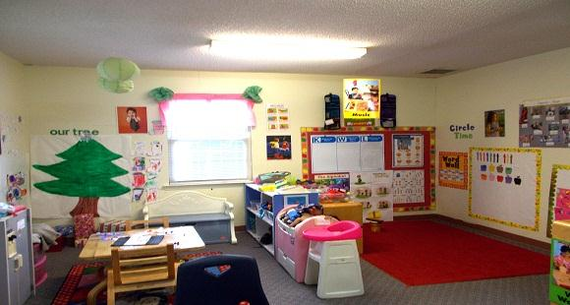
Introduction
Childcare is a topic of increasing importance in today’s society, as it directly affects the well-being and development of children as well as the ability of parents to participate in the workforce. In the UK, the availability and quality of childcare services have significant implications for families, children, and even the economy. With recent changes in government policies and societal norms, understanding the role and evolution of childcare has never been more relevant.
Current Trends and Facts
According to a report from the National Day Nurseries Association (NDNA), around 1.5 million children in the UK are currently using some form of regulated childcare. This number has seen a notable increase in the last decade, reflecting a shift in family structures and the growing demands of dual-income households. The sector has adapted to meet these demands, with various forms of childcare emerging, such as nursery schools, childminders, and after-school clubs.
Financially, childcare has become one of the largest expenses for families, with many parents reporting that they spend more on childcare than on housing. The UK government has introduced initiatives such as 30 hours of free childcare for eligible families of three- and four-year-olds to alleviate some of this financial burden. However, recent research has indicated that despite this support, many regions are still facing shortages and issues regarding the availability of affordable childcare services.
Quality of Childcare
Quality childcare is crucial for early childhood development. Studies have shown that well-structured childcare settings facilitate not only cognitive but also social and emotional skills in children. Furthermore, qualified staff, a safe environment, and a stimulating curriculum are key factors that contribute to high-quality childcare. Yet, alarming statistics reveal that many centres are struggling with staff shortages and low pay, which can compromise the quality of care. A recent survey indicated that 83% of childcare providers reported recruitment difficulties.
Conclusion
The implications of quality childcare extend beyond individual families; they resonate throughout society and contribute to the economic stability of the nation. With an increasing focus on child’s developmental needs, the necessity for affordable, high-quality childcare that is accessible to all remains imperative. As we look towards the future, it is essential for policymakers, educators, and families to collaborate on sustainable solutions that address both the needs of children and the workforce. By investing in quality childcare, we invest in our future generations.
You may also like

The Rise of Coco Jones: A Multifaceted Talent

Karol G: Trailblazer in the Reggaeton Music Scene
